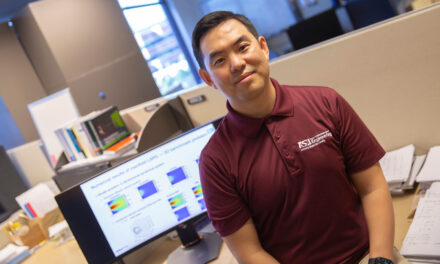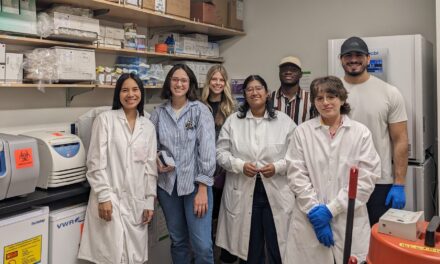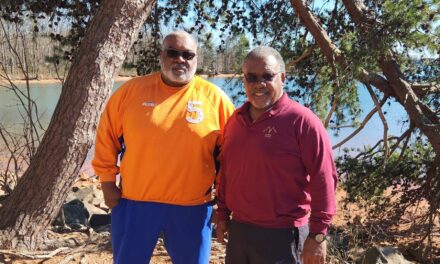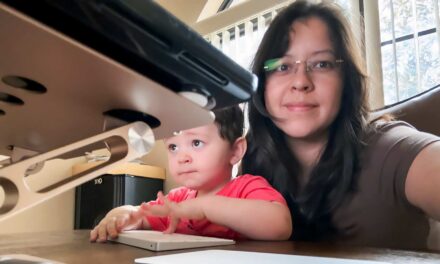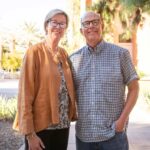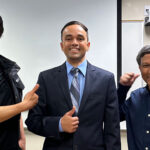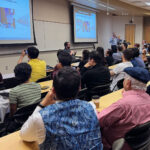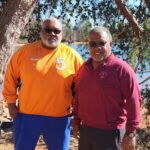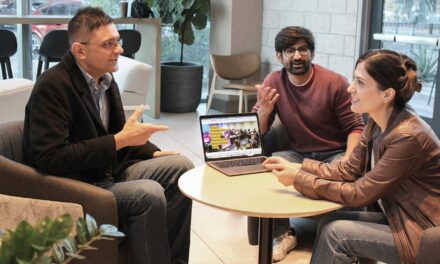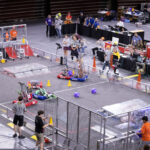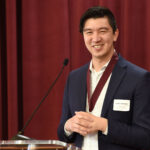
Volunteer work, computing skills win student national award
Posted: February 03, 2011
A Phoenix high school student’s volunteer work with an Arizona State University community service program has earned her a national award.
Rebia Khan, a junior at Xavier College Preparatory, has won the Aspirations in Computing award from the National Center for Women & Information Technology (NCWIT).
She is one of 35 young women selected to receive the award from among more than 900 applicants.
NCWIT is a coalition of more 250 corporations, academic institutions, government agencies and non-profits that promotes the participation of girls and women in computing and information technology use.
The award recognizes female high school students for computing-related achievements and interests. Winners are chosen for their aptitude in computing and information technology, leadership ability, academic record and plans for post-secondary education.
Khan was involved in Engineering Projects In Community Service – called EPICS – in ASU’s Ira A. Fulton Schools of Engineering.
Through EPICS, students to take on community service projects that require solving engineering and technology problems for not-for-profit community agencies, schools and government agencies.
Khan learned about EPICS after one of her high school teachers noticed her interest in technology and volunteer work. The teacher told her about the pilot program that allows high school students to join an EPICS project team by enrolling in a class at ASU called EPICS GOLD.
“Rebia is an outstanding young woman and very deserving of national recognition,” says Richard Filley, director of EPICS. “Even as a high school sophomore last year she seemed like a natural in my ASU EPICS GOLD classes.”
Khan also has twice been elected by ASU classmates as an officer in the EPICS Maroon Club, which takes on community service projects in the metro Phoenix area.
The national NCWIT award recognizes her work with an EPICS team that has designed a solar panel system to provide electricity for a rural girls’ school in Bangladesh.
Because the country’s government provides electricity only a few hours a day, it restricts schooling time for the girls.
The EPICS team members are attempting to work with companies in Bangladesh for help to implement their solar panel system design.
The impetus for the project came from an alumnus of ASU’s engineering program, Enamul Hoque, who wanted to honor his mother.
Hoque’s family members are natives of Bangladesh, where his father was once a school teacher. Because of the country’s poverty, his mother never had an opportunity for a formal education.
After coming to the United States, the Hoque family helped establish and maintain a school for the poor in the Bangladesh city of Dhaka.
Khan helped the project team with the computer-aided design of its solar panel system for the school.
The award also recognizes work she does at the Barrow Neurological Institute in Phoenix. She uses her computing skills in research to analyze programs for quantifying neural recovery of song birds.
Khan says her work on the EPICS project provided valuable lessons.
“I realized how engineers can help people and help change systems that might help change the world,” she says.
“It gave me the confidence to get involved in the entrepreneurship part of it, because we had to speak in front of the Women and Philanthropy committee” to get an EPICS grant for the teams project, she says. “It’s really taught me what it’s like in the real word and how to use my skills.”
Khan has since started an EPICS club at her high school.
“Girls are really interested in this kind of thing,” she says.
Written by Amy Lukau


